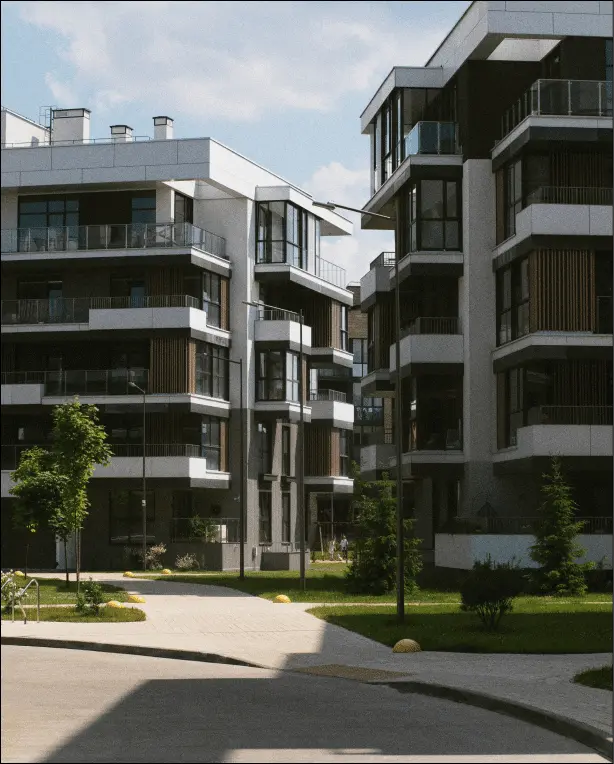Understanding the Need for Smart Heating Replacement
Heating Replacement in modern homes has become a necessity rather than a luxury. With the rapid advancement in technology, integrating smart home systems with heating replacement is not just about comfort; it’s also about efficiency and energy savings. Recent statistics show that smart thermostats can reduce heating costs by up to 23%, highlighting the importance of this integration.
Heating Replacement and Energy Efficiency: A Statistical Overview
Heating Replacement, when paired with smart home technology, can significantly improve energy efficiency. According to the U.S. Energy Information Administration, heating accounts for about 45% of energy bills in average American homes. Smart heating systems, which are a crucial part of heating replacement, can help reduce this percentage by using energy more efficiently, thus contributing to both environmental conservation and cost savings.
The Role of AI and Machine Learning in Heating Systems
Heating Replacement technologies are increasingly leveraging AI and machine learning to optimize home temperature settings. These smart systems can learn from your preferences and adjust heating schedules accordingly, potentially reducing energy use by 10-12%. This level of personalization not only saves energy but also enhances the overall comfort of living spaces.
Cost-Benefit Analysis of Smart Heating Replacement
Heating Replacement with smart technology might seem costly upfront, but the long-term savings are substantial. A study by the Department of Energy indicates that upgrading to energy-efficient heating systems can save households an average of $400 annually. This figure underscores the cost-effectiveness of integrating smart technology into heating systems.
Heating Replacement: Challenges and Solutions in Integration
Heating Replacement, while beneficial, comes with its set of challenges, particularly in integration with existing home systems. However, advancements in IoT (Internet of Things) have made this integration smoother and more user-friendly. Statistics show that 70% of homeowners report increased ease of use and functionality after integrating smart technology with their heating systems.
The Future of Heating and Smart Home Integration
Heating Replacement and its integration with smart home technology is not just a trend; it’s the future of home automation. As technology evolves, we can expect even more sophisticated, energy-efficient, and user-friendly heating systems. This integration is not only a step towards a more comfortable living environment but also a stride towards a more sustainable and energy-conscious world.



